Remarkable results
Over the past 5 years, the Education and Training Department of Dien Bien province has made constant efforts to overcome the specific difficulties of a mountainous province with a large area, scattered population, and limited economy .
The implementation of the National Target Program on New Rural Development in the education sector has been carried out synchronously from the grassroots to the provincial level, bringing about many positive results. The whole sector currently has 486 schools and centers, exceeding the assigned plan by 9 units. With 7,334 classes and 207,265 students, the education sector has exceeded the set target by 323 students.
The scale of education is spread across all levels. Preschools have 168 schools with 2,372 classes/groups of children and more than 54,500 children. Primary schools maintain 140 schools with nearly 75,300 students, secondary schools have 123 schools with more than 54,400 students, while high schools maintain a scale of 33 schools with more than 20,700 students.
In addition, the continuing education system and foreign language and information technology centers are still operating effectively, contributing to expanding learning opportunities for people, especially in ethnic minority areas.
The rate of student mobilization at many ages reached and exceeded the assigned target. 99.94% of 5-year-old children attending kindergarten, 99.96% of 6-year-old children entering grade 1, 98.04% of 11- to 14-year-old students attending secondary school, while the rate of 15- to 18-year-old students attending school reached 80.47%, exceeding the province's plan by more than 10%. This is a remarkable result showing great efforts in student mobilization, especially in remote areas.
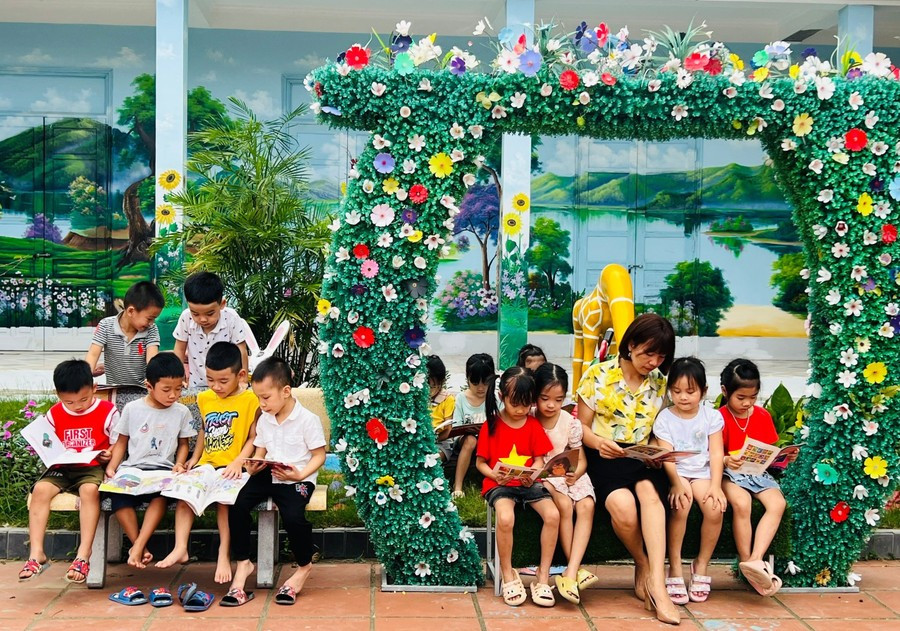
Improve the quality of education and facilities
According to the Dien Bien Department of Education and Training, investment in facilities and teaching equipment is one of the top priorities in the recent period. The entire sector currently has 7,438 classrooms, of which 5,724 are solid, accounting for more than 77%.
However, the facilities in some areas are still limited, especially the dormitories and staff rooms, where the solidity rate is only about 55% and 39% respectively. This is still an issue that needs to be focused on in the coming time.
The addition of teaching equipment was implemented throughout the system, with a total of more than 1.6 million basic equipment meeting 51% of the minimum standards prescribed by the Ministry of Education and Training. The sector has proactively reviewed and purchased additional equipment from capital sources of target programs, prioritizing grades implementing the new general education program.
Along with material investment, the work of improving the quality of education is also focused. Up to now, the whole province has 382/464 schools meeting national standards, accounting for more than 82%, and 391 schools have passed education quality accreditation. The work of universalizing education and eliminating illiteracy continues to be maintained and improved in quality.
Dien Bien province maintains universal preschool education for 5-year-old children, primary and secondary education at level 3. In 2024, 61 literacy classes were opened for nearly 1,400 students, and in 2025, 30 more classes will be organized for more than 700 people, increasing the literacy rate at level 2.
Mr. Ngo Xuan Chien, former Head of the Department of Education and Training of Nam Po District (old) once shared: “Over the past 10 years, this locality has paid attention to and directed the opening of more than 130 literacy classes for more than 2,200 people. Along with developing schools and bringing students to school, literacy classes have made an important contribution to increasing the literacy rate in the locality.”
Challenges and gaps
In addition to the outstanding results, the education sector of Dien Bien province still faces many difficulties. With the characteristics of a mountainous province, with isolated traffic and many villages located far from the commune center, mobilizing students to attend class, maintaining class size and reducing dropouts is always a difficult problem.
In many places, the situation of students dropping out of school due to difficult family circumstances, early marriage, or following relatives to migrate illegally still occurs. In particular, students not being diligent is still a reality that needs a fundamental solution.
One of the worrying issues is the shortage of teachers, especially at the preschool level. In the 2024-2025 school year, the whole province lacks 2,076 teachers, including 915 preschool teachers, 522 primary school teachers, 406 secondary school teachers and 233 high school teachers. Integrated subjects and specialized subjects such as English, Information Technology, Music and Fine Arts are also facing a serious shortage of teachers.
Ms. Hoang Tuyet Ban, Director of the Department of Education and Training of Dien Bien province, said: “The lack of teachers causes great pressure, especially at the preschool level. Some units can only arrange 1 teacher per class. The lack of teachers also affects the quality of teaching, extracurricular activities, and individual support for students in disadvantaged areas, while hindering the effective implementation of the new general education program.”
Not only is there a shortage of teachers, teacher recruitment also faces many obstacles such as: difficulties in recruiting for some specialized subjects, remuneration policies are not attractive enough... The situation of staff turnover, especially in remote areas, is increasingly common.

Sustainable and inclusive development goals
Entering the 2026 - 2030 period, the Department of Education and Training of Dien Bien province determined to continue to closely follow the goals of the New Rural Development Program, focusing on sustainable development, gradually completing school infrastructure, improving the quality of education and ensuring equity in access to learning.
One of the specific targets is that by 2030, 100% of classrooms and dormitories will be solidified. All rural communes in the area will meet criterion No. 5 (on schools) and criterion No. 14 (on education and training). The province also aims to achieve universal preschool education for children aged 3 to 5, maintain universal primary and secondary education, and eliminate level 2 illiteracy.
In addition, the province will implement major projects such as establishing Thai Nguyen University Branch in Dien Bien, merging colleges into Dien Bien College, and reorganizing the vocational education and continuing education network in a streamlined and effective manner.
The province also aims to develop high-quality human resources, encourage organizations to establish educational complexes such as FPT, and promote training cooperation with the provinces of Northern Laos, Thailand, and Yunnan - China to enhance integration.
The progress in the period of 2021 - 2025 is an important premise for Dien Bien to realize the goal of comprehensive education development by 2030. With the determination of the industry, the participation of the whole society and the right direction from the Party Committee and the government, Dien Bien has every reason to expect a sustainable education system, contributing to narrowing the gap between regions, improving the knowledge and quality of human resources for the locality.
Source: https://giaoducthoidai.vn/nhung-buoc-tien-vung-chac-cua-giao-duc-dien-bien-post740184.html


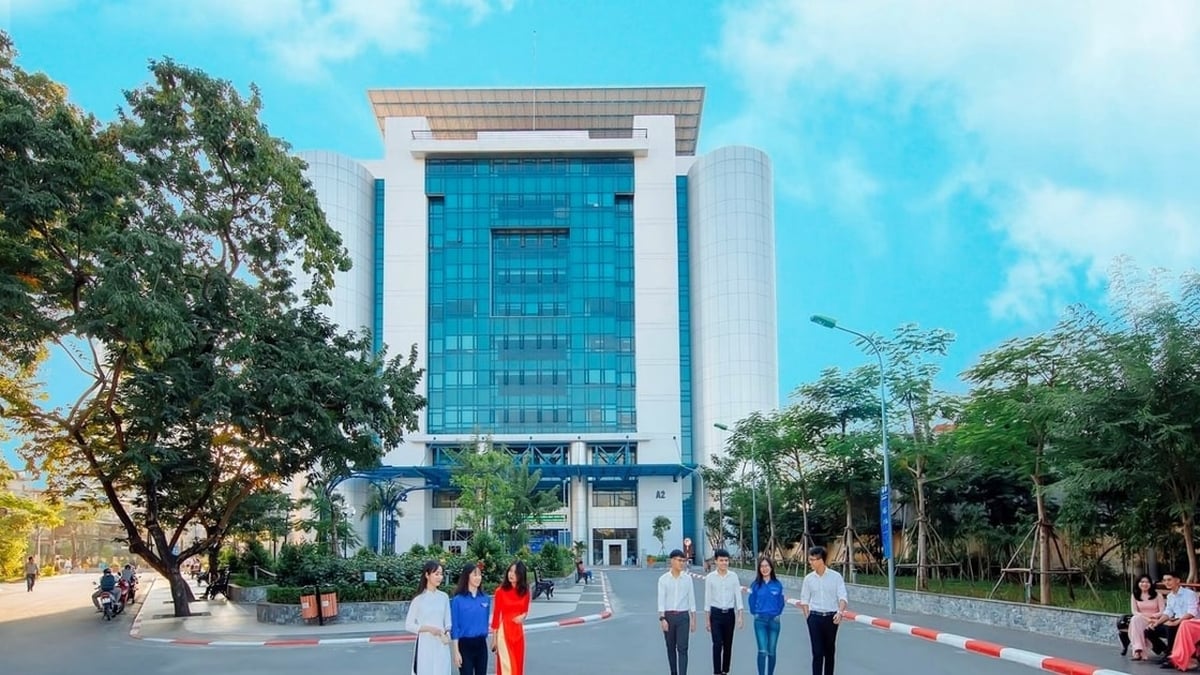


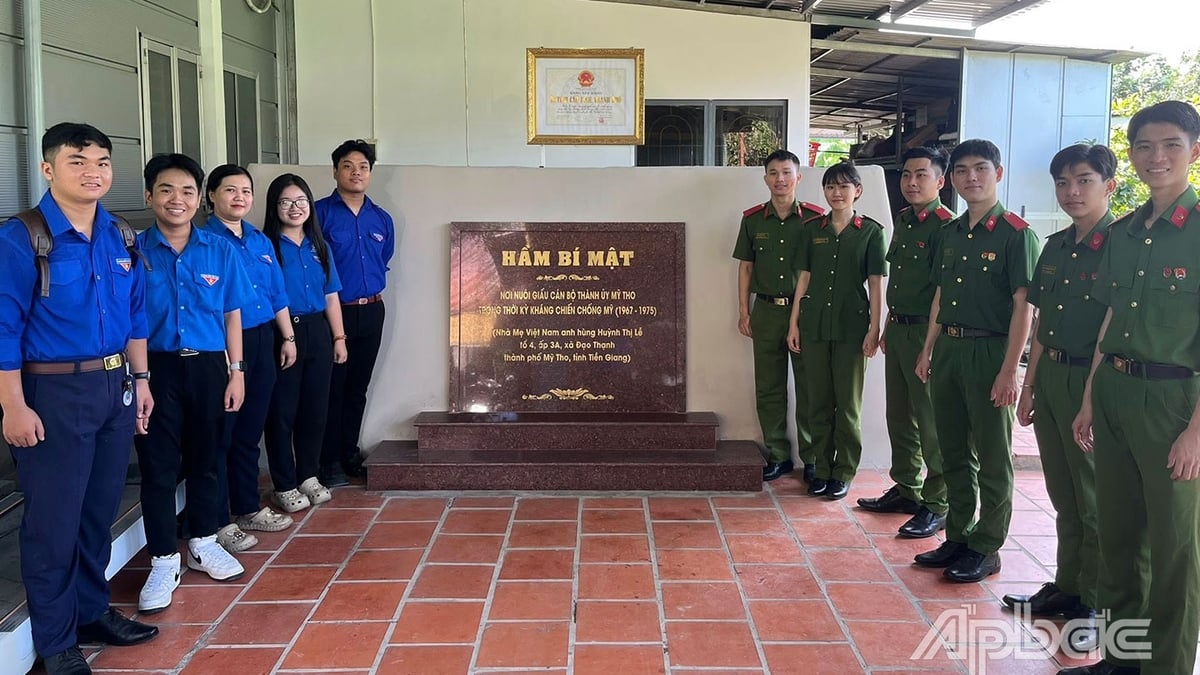
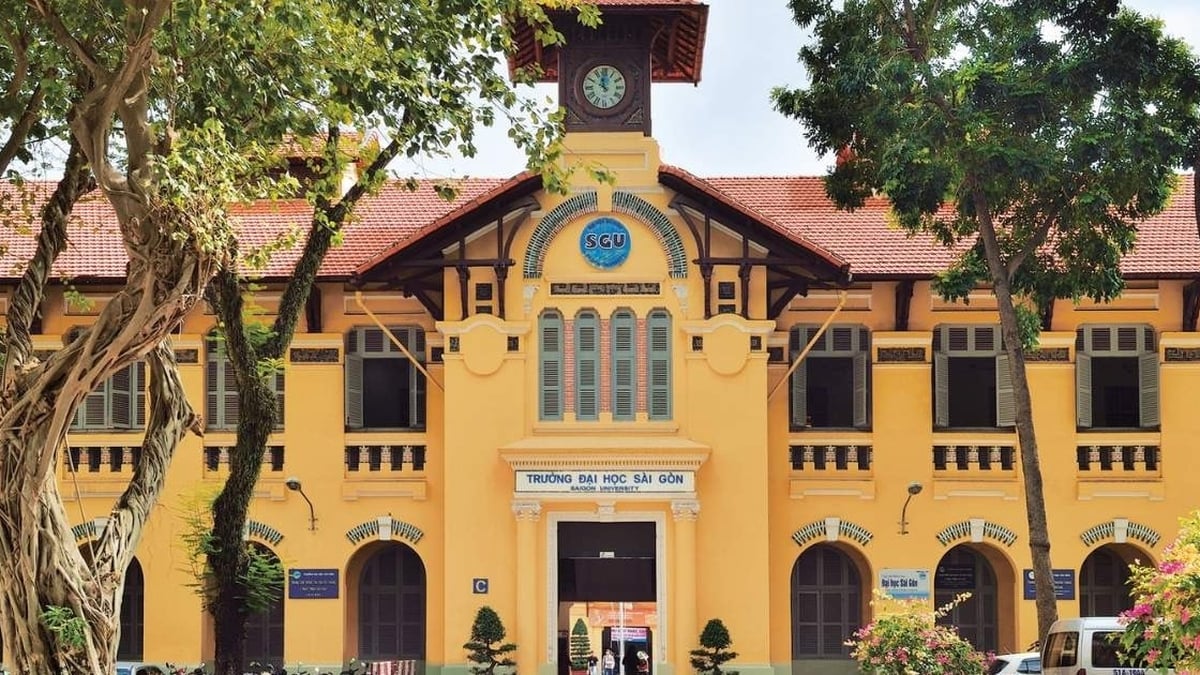


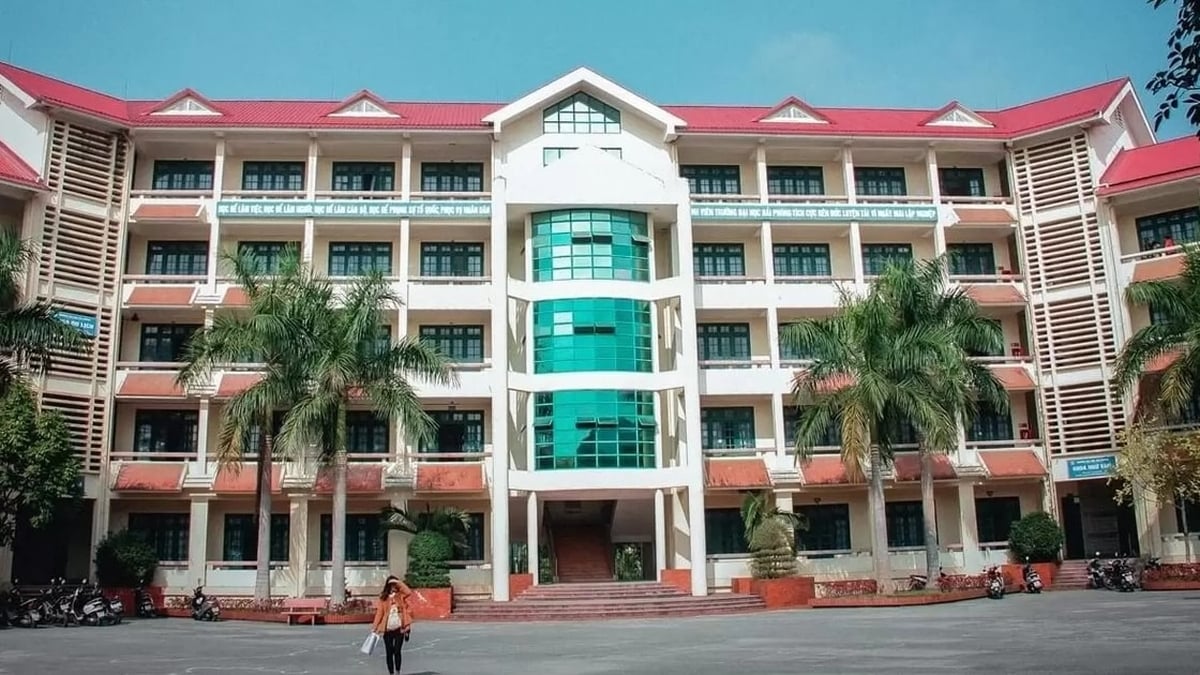
























































































Comment (0)